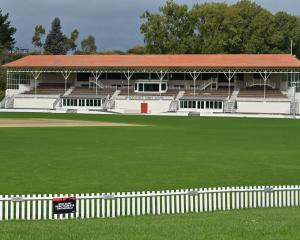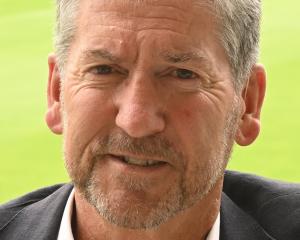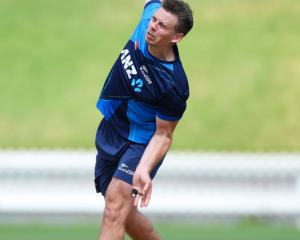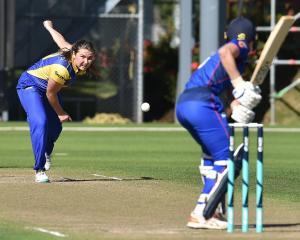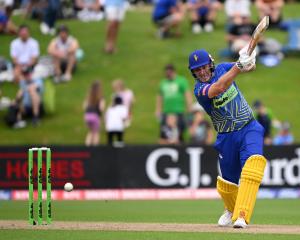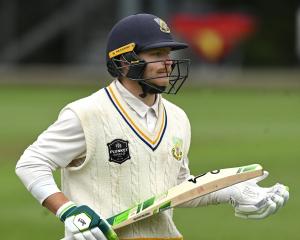
Playing the game.
It sounds simple, but it was something New Zealand cricket's pioneers did very well, in more ways than one.
Not only successful and hugely influential, the 1949 New Zealand team that toured England played an exciting style of cricket.
Having trawled through the diary of his father, Walter - the team captain - Hadlee uncovered several key messages about the team.
While the world is a very different place in 2017, the one which resonates as much as ever is the brand of cricket this team played.
It regularly got through 120 overs in a day, as opposed to the 90 of today, which made for 350 to 400 runs scored in a day.
Hadlee said the game was played at pace, which made for entertaining matches.
''I think if you look at today, the amount of stoppages there are, with players running out with drinks and gloves, changing of bats, these sorts of things,'' Hadlee said.
''I've watched quite a lot of film clips and read a bit about it, but the players just got on with playing the game.
''Sometimes they'd have afternoon tea on the ground, because it takes minutes to get off, so they had it on the ground, or they didn't have it, because the game was more important.
''They only had six hours. Today it's based on overs per day, whereas in their day it was time.
''You had three two-hour sessions, so you had to cram as much as you could into that.
''Bearing in mind you've got 25-30,000 people there, you want to entertain them, you just get on with the game. The psyche was different. It's extraordinary.''
Making an effort to bowl more overs in a day is something Hadlee supports, as the debate goes on whether to reduce test cricket to four days.
However, he feels it is something that needs laws surrounding it, should teams not get through those overs.
''If you're only going to bowl 90 overs per day, then you've only got 360 overs a game rather than 450.
''Personally, my philosophy is that if you're going to reduce it to four days, I don't have a problem with that.
''But you stay out there till you bowl 100 overs a day, even if you have to start early, end a little bit later.
''Let's get 100 overs, and you make a commitment to do that.
''Even in county cricket in England, when I played, we had to get through 112 overs in a day.
''Because it's all about playing the game, bowl the balls and earn your corn.''
The 49ers were hugely influential in gaining New Zealand its standing in world cricket. Under pressure to perform, the team lost just one of 37 matches on its eight-month tour, and drew all four three-day tests.
The team returned a profit equivalent to $1million today, which helped fund future tours, while its competitiveness helped the country become recognised as a cricketing nation.
Hadlee said the camaraderie of the team had been significant, as being away for eight months made getting on with each other important.
He believed that was something no other team in New Zealand cricket history had achieved to quite the same degree.
He will be at a function at the Brydone Hotel in Oamaru from noon to 2pm today.


